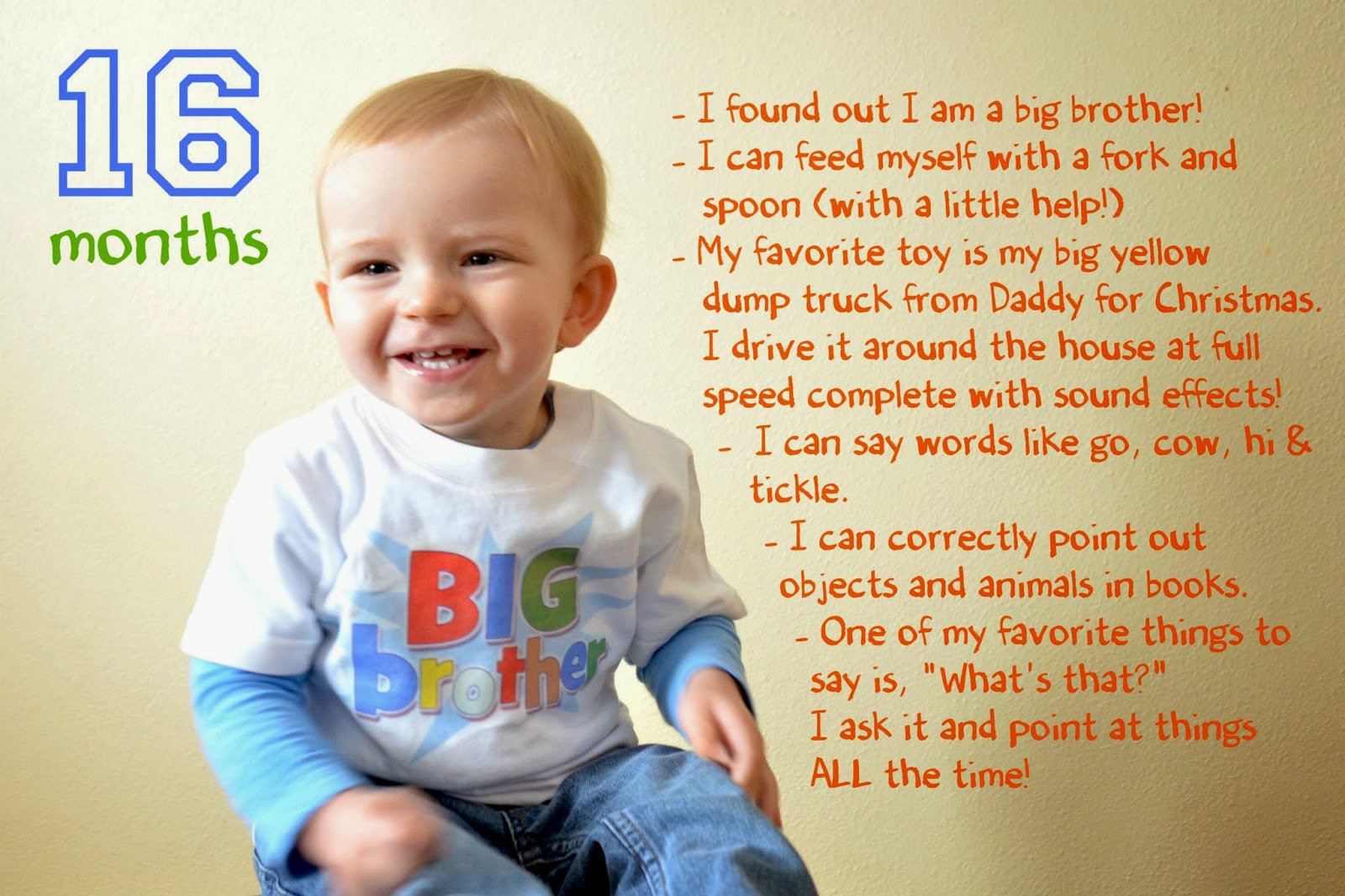 Source: bing.com
Source: bing.comTable of Contents
Introduction
As a new parent, you may be wondering what your 16-month-old baby’s language development should look like. At 16 months, your baby has likely started saying a few words such as “mama,” “dada,” and “bye-bye.” But what other milestones should you expect? And how can you support your baby’s language development? In this article, we’ll cover everything you need to know about 16-month baby language development.
What to Expect
At 16 months, your baby’s language development is still in the early stages. Here are some milestones to look out for:
- Your baby may say a few words and understand simple instructions.
- Your baby may point to objects when you say their names.
- Your baby may use gestures such as waving bye-bye or shaking their head “no.”
- Your baby may start to use one-word sentences such as “more” or “juice.”
- Your baby may enjoy looking at books and turning pages.
- Your baby may start to imitate sounds and actions.
Remember that every baby develops at their own pace. Some babies may be ahead of these milestones, while others may take a little longer.
How to Support Your Baby’s Language Development
Here are some ways you can support your baby’s language development:
- Talk to your baby: Speak slowly and clearly, and use simple words and short sentences.
- Read to your baby: Choose age-appropriate books with bright pictures and simple text.
- Sing to your baby: Nursery rhymes and songs can help your baby learn new words and phrases.
- Encourage your baby to communicate: Respond to your baby’s attempts to communicate and encourage them to use gestures and words.
- Repeat words: When your baby says a word, repeat it back to them to reinforce its meaning.
- Engage in conversation: Ask your baby questions and wait for their response. Even if they can’t answer yet, it will help them learn the back-and-forth pattern of conversation.
Remember that the best way to support your baby’s language development is to talk and interact with them often.
Frequently Asked Questions
When should my baby start talking?
Every baby develops at their own pace, but most babies say their first words between 10 and 14 months. By 16 months, your baby should be saying a few words and understanding simple instructions.
What should I do if I’m concerned about my baby’s language development?
If you’re concerned about your baby’s language development, talk to your pediatrician. They can evaluate your baby’s language skills and refer you to a specialist if necessary.
How can I tell if my baby is having trouble hearing?
If you’re concerned about your baby’s hearing, watch for these signs:
- Your baby doesn’t respond to sounds or voices.
- Your baby doesn’t turn their head towards loud noises.
- Your baby doesn’t startle at loud noises.
- Your baby doesn’t seem to enjoy music or songs.
If you’re concerned, talk to your pediatrician about a hearing evaluation.
What if my baby is bilingual?
Babies who grow up in bilingual households may take longer to develop language skills in both languages, but this is completely normal. Continue to talk to your baby in both languages and expose them to books and music in both languages.
What if my baby is behind on language development?
If your baby is behind on language development, don’t panic. Talk to your pediatrician and consider working with a speech therapist who can help your baby catch up. With the right support and intervention, most babies can catch up quickly.
Conclusion
At 16 months, your baby’s language development is still in the early stages. It’s important to talk to and interact with your baby often, and to expose them to books, songs, and conversations. Remember that every baby develops at their own pace, so don’t worry if your baby is a little behind on language development. Talk to your pediatrician if you have any concerns or questions.
 Source: bing.com
Source: bing.com